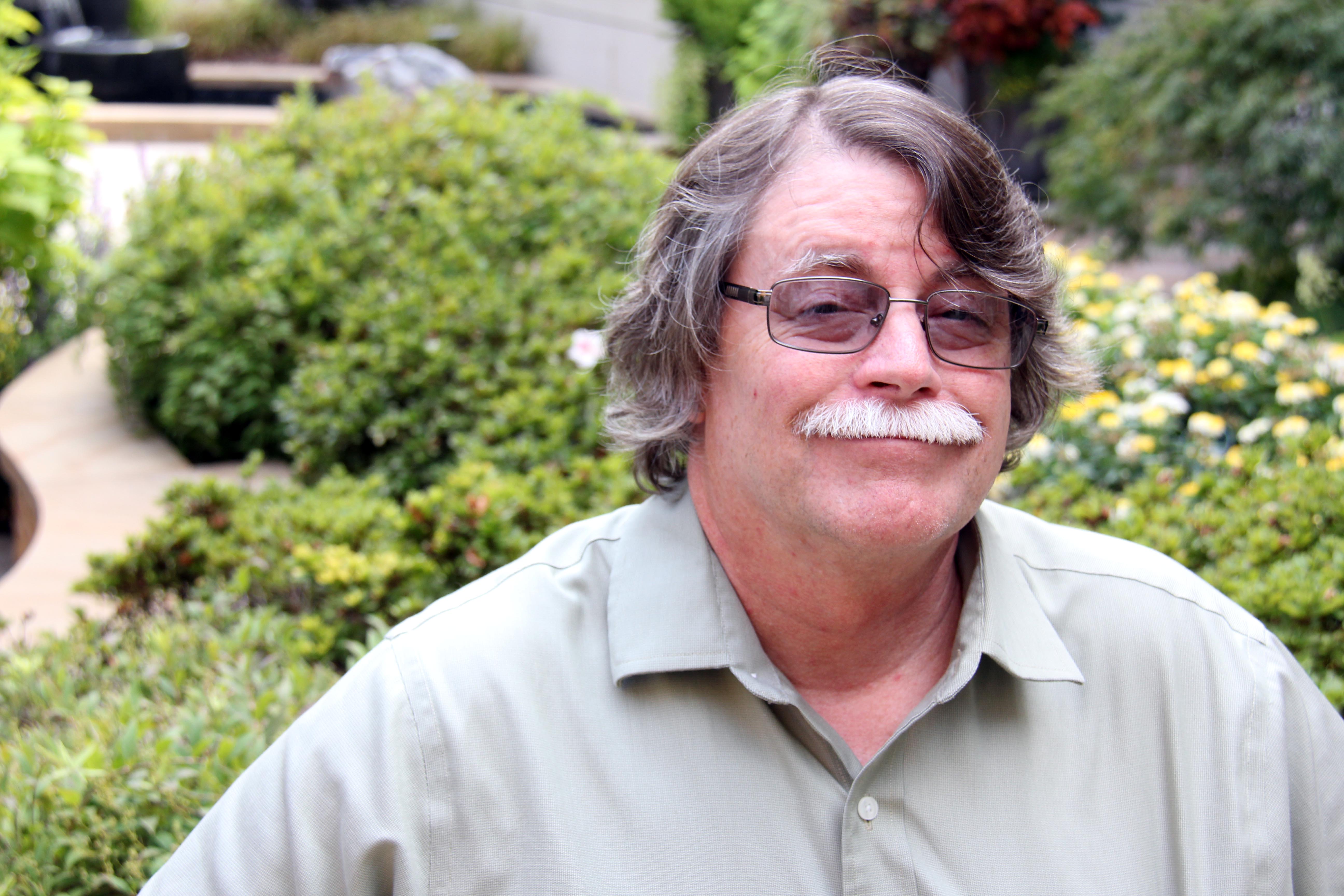Latest News
Research & Innovation
Chat on Cancer Pain Management
Sep 8, 2014

Recently, the National Cancer Institute hosted a Twitter chat on cancer pain. Patrick Coyne, M.S.N., A.P.R.N., F.A.A.N., clinical director of the Palliative Care Program at VCU Massey Cancer Center and world-renowned pain management specialist, provided expert commentary as the moderator posed a series of questions and discussion topics.
Below is a recap of the chat. Some of the responses have been slightly altered to provide context that could not fit into the original 140-character tweets. Be sure to follow @VCUMassey on Twitter to keep up with Massey’s latest groundbreaking research and clinical trials, learn about patient and caregiver resources and learn about volunteer and philanthropic opportunities while connecting with others who share similar interests and life experiences.
Q: What is cancer pain and what causes it?
Cancer pain is acute and chronic pain frequently caused by the disease and, not uncommonly, by its treatment. Cancer pain is often worse as the cancer progresses, but it is usually very treatable.
Q: Do all people with cancer experience pain?
Cancer pain can occur at all stages of the disease, from diagnosis to end-of-life, but not all people with cancer will experience pain. Treatment options for cancer pain can include radiation, medication, nerve blocks (where medicine is injected into or around a nerve or into the spine to block the pain), neurosurgery as well as many other options.
Q: What are some effective strategies for controlling cancer pain?
First, your medical team needs to identify the type of cancer pain you are experiencing and then develop effective strategies for controlling it. Due to the fact that cancer pain varies from person to person, it is important to tailor treatments to personal needs.
Q: What are some alternative approaches for controlling cancer pain?
There are alternative options for controlling cancer pain, which can include relaxation, biofeedback, scrambler therapy, prayer and massage therapy.
Q: When should I call my doctor?
When cancer pain doesn’t allow you to do the things you want to do, you should call your doctor. Often, patients are reluctant to report cancer pain because they think pain is “normal.”
Q: How can people with cancer find pain specialists?
Start with your oncologist, and if he/she cannot successfully manage the pain, seek a referral to a palliative care expert.
Q: What are some issues or concerns about controlling cancer pain?
Many are concerned about addiction to medication, cost of treatment or fear of the disease. My colleague Egidio Del Fabbro, M.D., program director of palliative care at Massey, was interviewed recently by Reuters on how fears of opioid abuse and addiction may be keeping patients with advanced cancer from getting proper pain relief. If addiction is a concern, talk to your physician.
Q: What kind of research is happening in cancer pain?
New medications are being explored to help control cancer pain, as well as other interventions like scrambler therapy with the Calmare Pain Therapy Device. My team and I recently studied the Calmare device, which was found to reduce chemotherapy-induced peripheral neuropathy pain by 64 percent with no toxicity.
Q: What are some resources on cancer pain?
Massey, the American Cancer Society and the National Cancer Institute all have great resources on cancer pain.
Q: Any last words?
I would recommend getting a lot of information up front and having the “cancer pain” discussion at the beginning of your diagnosis. The earlier you have those discussions, the better your quality of life can be, and if there is something that scares you, such as addiction, then lay it out on the table. For any further questions, talk to your oncologist or seek a referral to a palliative care clinic.
For more information on Massey’s Palliative Care Program, visit http://www.massey.vcu.edu/patient-care/teams/palliative-care/.
Written by: Alaina Schneider
Related News
Research & Innovation, Leadership
Massey leads ‘national team of cancer fighters’ at AACIOct 21, 2025
Research & Innovation, Community Engagement
Former NCI director champions staggering progress in cancer research during visit to MasseyOct 20, 2025
Research & Innovation
Massey scientists discover promising drug combination to overcome resistance in T-cell lymphomaOct 17, 2025

Get access to new, innovative care
Treatments in clinical trials may be more effective or have fewer side effects than the treatments that are currently available. With more than 200 studies for multiple types of cancers and cancer prevention, Massey supports a wide array of clinical trials.

Find a provider
Massey supports hundreds of top cancer specialists serving the needs of our patients. Massey’s medical team provides a wealth of expertise in cancer diagnosis, treatment, prevention and symptom management.
